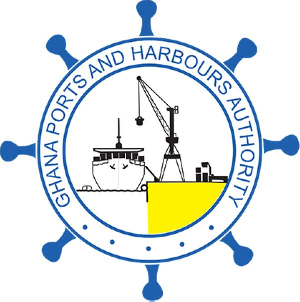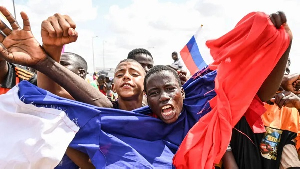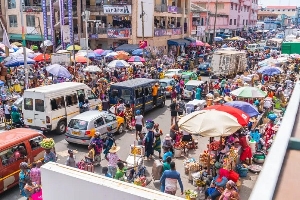Business News of Tuesday, 9 June 2020
Source: GNA
Coronavirus: Countries need to calibrate winding down public support – World Bank
During the COVID-19 recovery period, countries will need to calibrate the winding down of public support and should be targeting broader development challenges, the World Bank Group's Global Economic Prospects report analysis, has said.
The analysis discusses the importance of allowing an orderly allocation of new capital toward sectors that are productive in the new post-pandemic structures that emerge.
The report said to succeed in this, countries would need reforms that allow capital and labor to adjust relatively fast – by speeding the resolution of disputes, reducing regulatory barriers, and reforming the costly subsidies, monopolies and protected state-owned enterprises that have slowed development.
It said to make future economies more resilient, many countries would need systems that could build and retain more human and physical capital during the recovery – using policies that reflect and encourage the post-pandemic need for new types of jobs, businesses and governance systems.
The report said enhancing transparency in financial commitments and investment would also help rebuild confidence and facilitate investment growth.
It said restrictions on mobility and the global recession have resulted in the steepest one-month drop in oil prices on record, in March.
It said the predominantly demand-driven plunge in oil prices, which came on the heels of disagreements among oil producers about production targets, had been accompanied by a steep rise in global oil inventories.
The analysis also details the implications of the oil price plunge for the global economy and, in particular, for energy-exporting emerging market and developing economies (EMDEs).
It said in the short-term, while restrictions on transport and travel remain in place, low oil prices are unlikely to provide much support for growth and may, instead, compound the damage wrought by the pandemic by further weakening the finances of producers.
The report said low oil prices were likely to provide at best marginal support to global activity early in the recovery.
"Oil-exporting emerging and developing economies entered the current crisis with eroded fiscal positions after having drawn on them to weather the 2014-16 oil price drop.
In addition to the unprecedented public health crisis, these economies are now experiencing sharp economic downturns as their export revenues nosedive," said Ayhan Kose, Director of the World Bank's Prospects Group.
"Even if oil prices rise as global oil demand recovers, the recent plunge in prices is another reminder for oil-exporting countries of the urgency to continue with reforms to diversify their economies.
" The report said current low oil prices also present an opportunity to review energy pricing policies as energy-importing EMDEs need to move away from costly subsidy schemes and allocate their limited fiscal resources for higher-priority expenditures involving improvements in public health and education programmes.
The World Bank Group, one of the largest sources of funding and knowledge for developing countries, is taking broad, fast action to help developing countries strengthen their pandemic response.
The Group is supporting public health interventions, working to ensure the flow of critical supplies and equipment, and helping the private sector continue to operate and sustain jobs.
They will be deploying up to $160 billion in financial support over 15 months to help more than 100 countries protect the poor and vulnerable, maintain the private sector, and bolster economic recovery.
This includes $50 billion of new IDA resources through grants and highly concessional loans.












